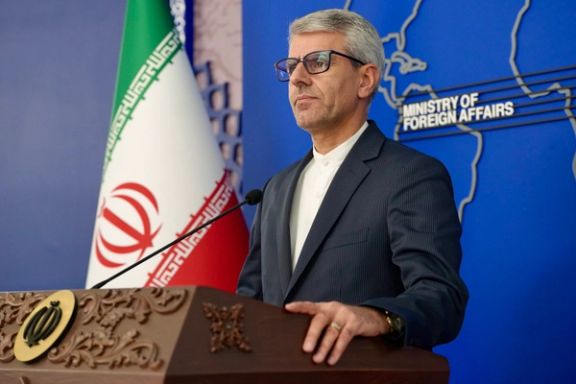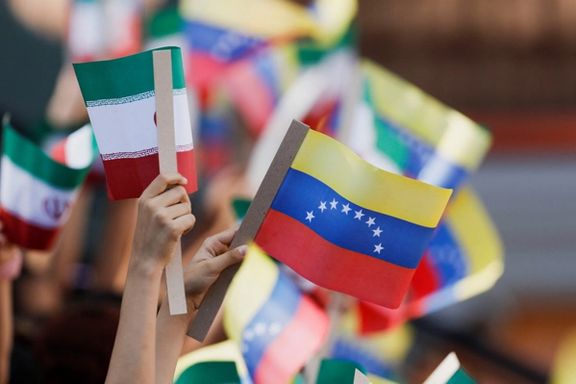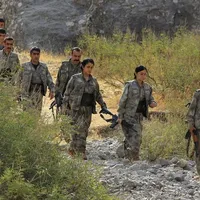“Today the price of chicken has turned into a symbol of mismanagement and poor coordination in execution and policymaking,” Ghalibaf said.
The rising costs “have made life hard for families and left fathers ashamed.”
He pressed the Pezeshkian administration to “urgently and in full coordination reorganize the market for essential goods, especially chicken.”
Once the affordable alternative to red meat, chicken has grown harder to access for many Iranian citizens.
Protein staple turns costly
A whole slaughtered bird is about 1,250,000 rials per kilo (≈$1.25); breast around 2,500,000 (≈$2.5); thighs roughly 1,150,000 (≈$1.13); and fillet near 3,500,000 (≈$3.43). Retailers often sell above official rates, narrowing access to animal protein for low-income households. The average income in Iran is roughly $200.
Official data show food inflation in May 2025 rose 41.5% year-on-year, with the food, beverages and tobacco basket up 3.9% month-on-month.
Annual inflation hit 36.3% in August 2025. These figures reflect a persistent surge that daily market directives have failed to contain.
Ghalibaf cited international sanctions as a driving force behind rising prices. “Main remedy is to neutralize sanctions through domestic measures and that waiting for their removal is no solution."
“Sitting and waiting idly for the optimistic lifting of sanctions is no solution,” he said, adding that diplomacy has its place but cannot substitute for internal fixes.
Yet the pricing and inflation data he cites highlight problems that sanctions rhetoric may not resolve: official rates routinely flouted at retail, uneven enforcement, and a sustained rise in staple costs despite repeated announcements of market reorganization.
In June, secretary of the Meat Production and Packaging Association said Iran’s average meat consumption had dropped to as little as seven kilograms per person annually from an average of 18, with some citizens eating none at all.
“Meat consumption in Iran is deeply unequal—some eat nothing, while others manage 20 kilograms a year,” Masoud Rasouli said a few days before the beginning of Israeli war, pointing to the vast economic inequalities in the country.
Iran once averaged 18 kilograms of meat consumption per person annually, while the global average remains around 32 kilograms, he added.















